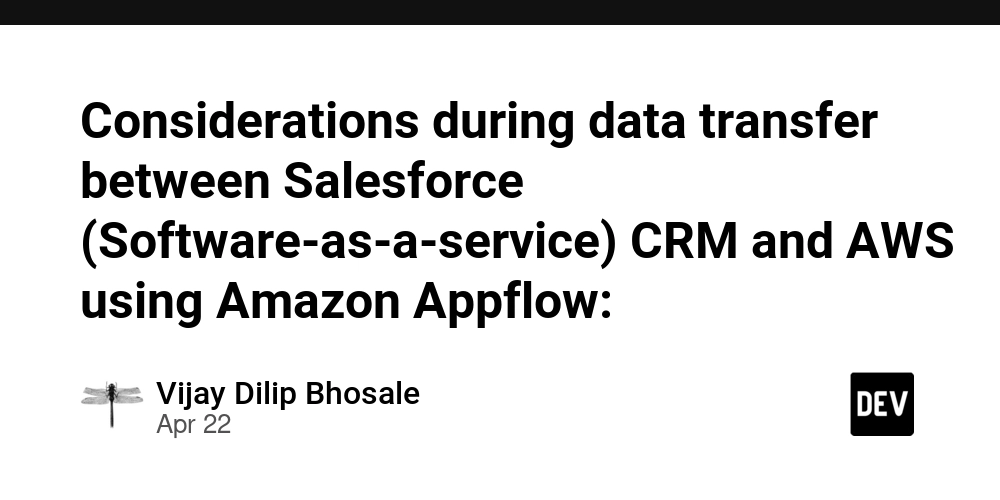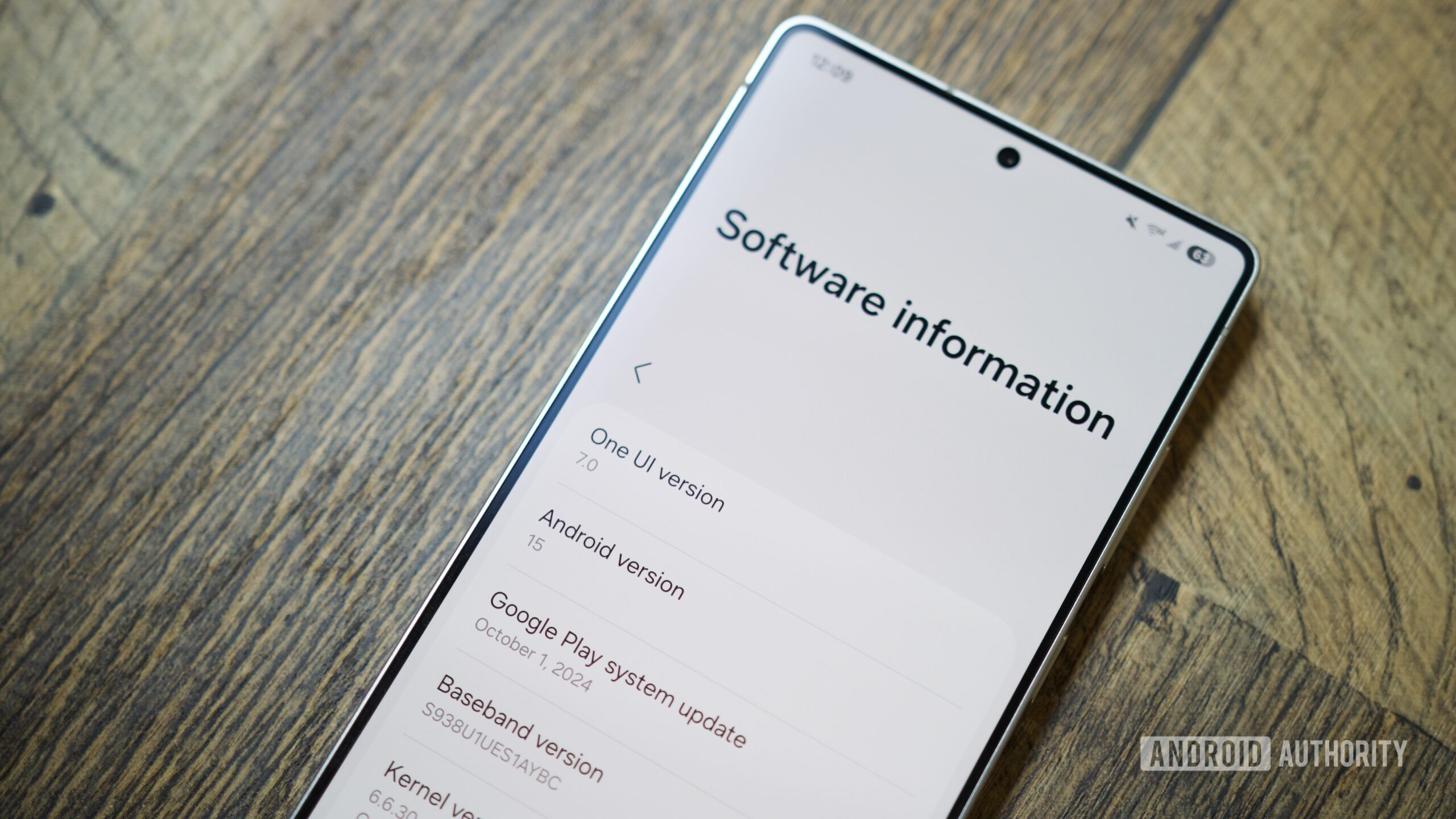How to Run Cron Jobs in Deno Without a Server Using Deno Deploy and Webhooks
Cron jobs are vital for running background tasks at scheduled intervals. While traditional methods involve servers or managed services, Deno Deploy provides a free, serverless, and modern way to achieve this using webhooks and scheduled triggers from external services like GitHub Actions or Upstash. Why Deno Deploy? Zero configuration serverless functions Support for TypeScript out of the box Free tier with edge deployment How It Works Deno Deploy doesn’t have native scheduled triggers (yet), but you can still implement cron behavior by: Deploying a Deno endpoint Using GitHub Actions or Upstash Scheduler to ping it on a schedule Step 1: Set Up a Deno Project // main.ts import { serve } from "https://deno.land/std/http/server.ts"; serve(async (req: Request) => { const url = new URL(req.url); if (url.pathname === "/run-cron") { // Perform your task here console.log("Cron job triggered:", new Date().toISOString()); // Example: Fetching and cleaning up data const data = await fetch("https://your-api.com/clean"); const result = await data.text(); return new Response(`Cron ran: ${result}`); } return new Response("OK"); }); Step 2: Deploy to Deno Deploy Push your code to a GitHub repository, then visit deno.com/deploy to link your GitHub account and deploy your project. You'll get a public URL like: https://your-cron.deno.dev/run-cron Step 3: Use GitHub Actions as the Scheduler Add this GitHub Actions workflow in your repo: # .github/workflows/schedule.yml name: Trigger Deno Cron on: schedule: - cron: "*/15 * * * *" # every 15 minutes workflow_dispatch: jobs: ping-cron: runs-on: ubuntu-latest steps: - name: Curl to Deno run: curl -X GET https://your-cron.deno.dev/run-cron Push to GitHub, and the cron will start triggering your endpoint. Pros and Cons ✅ Pros Zero-cost setup using Deno and GitHub No infrastructure to manage Easy to deploy and maintain ⚠️ Cons Depends on an external scheduler (e.g., GitHub Actions) No native time-based triggers inside Deno Deploy Limited logging/debugging from GitHub side

Cron jobs are vital for running background tasks at scheduled intervals. While traditional methods involve servers or managed services, Deno Deploy provides a free, serverless, and modern way to achieve this using webhooks and scheduled triggers from external services like GitHub Actions or Upstash.
Why Deno Deploy?
- Zero configuration serverless functions
- Support for TypeScript out of the box
- Free tier with edge deployment
How It Works
Deno Deploy doesn’t have native scheduled triggers (yet), but you can still implement cron behavior by:
- Deploying a Deno endpoint
- Using GitHub Actions or Upstash Scheduler to ping it on a schedule
Step 1: Set Up a Deno Project
// main.ts
import { serve } from "https://deno.land/std/http/server.ts";
serve(async (req: Request) => {
const url = new URL(req.url);
if (url.pathname === "/run-cron") {
// Perform your task here
console.log("Cron job triggered:", new Date().toISOString());
// Example: Fetching and cleaning up data
const data = await fetch("https://your-api.com/clean");
const result = await data.text();
return new Response(`Cron ran: ${result}`);
}
return new Response("OK");
});
Step 2: Deploy to Deno Deploy
Push your code to a GitHub repository, then visit deno.com/deploy to link your GitHub account and deploy your project. You'll get a public URL like:
https://your-cron.deno.dev/run-cronStep 3: Use GitHub Actions as the Scheduler
Add this GitHub Actions workflow in your repo:
# .github/workflows/schedule.yml
name: Trigger Deno Cron
on:
schedule:
- cron: "*/15 * * * *" # every 15 minutes
workflow_dispatch:
jobs:
ping-cron:
runs-on: ubuntu-latest
steps:
- name: Curl to Deno
run: curl -X GET https://your-cron.deno.dev/run-cron
Push to GitHub, and the cron will start triggering your endpoint.
Pros and Cons
✅ Pros
- Zero-cost setup using Deno and GitHub
- No infrastructure to manage
- Easy to deploy and maintain
⚠️ Cons
- Depends on an external scheduler (e.g., GitHub Actions)
- No native time-based triggers inside Deno Deploy
- Limited logging/debugging from GitHub side










































































































































































![[The AI Show Episode 144]: ChatGPT’s New Memory, Shopify CEO’s Leaked “AI First” Memo, Google Cloud Next Releases, o3 and o4-mini Coming Soon & Llama 4’s Rocky Launch](https://www.marketingaiinstitute.com/hubfs/ep%20144%20cover.png)



































































































































![From fast food worker to cybersecurity engineer with Tae'lur Alexis [Podcast #169]](https://cdn.hashnode.com/res/hashnode/image/upload/v1745242807605/8a6cf71c-144f-4c91-9532-62d7c92c0f65.png?#)























![BPMN-procesmodellering [closed]](https://i.sstatic.net/l7l8q49F.png)



















































































.jpg?#)
.jpg?#)
































































































































![CarPlay app with web browser for streaming video hits App Store [U]](https://i0.wp.com/9to5mac.com/wp-content/uploads/sites/6/2024/11/carplay-apple.jpeg?resize=1200%2C628&quality=82&strip=all&ssl=1)

![What’s new in Android’s April 2025 Google System Updates [U: 4/21]](https://i0.wp.com/9to5google.com/wp-content/uploads/sites/4/2025/01/google-play-services-3.jpg?resize=1200%2C628&quality=82&strip=all&ssl=1)











![Apple Releases iOS 18.5 Beta 3 and iPadOS 18.5 Beta 3 [Download]](https://www.iclarified.com/images/news/97076/97076/97076-640.jpg)
![Apple Seeds visionOS 2.5 Beta 3 to Developers [Download]](https://www.iclarified.com/images/news/97077/97077/97077-640.jpg)
![Apple Seeds tvOS 18.5 Beta 3 to Developers [Download]](https://www.iclarified.com/images/news/97078/97078/97078-640.jpg)
![Apple Seeds watchOS 11.5 Beta 3 to Developers [Download]](https://www.iclarified.com/images/news/97079/97079/97079-640.jpg)

































































































































